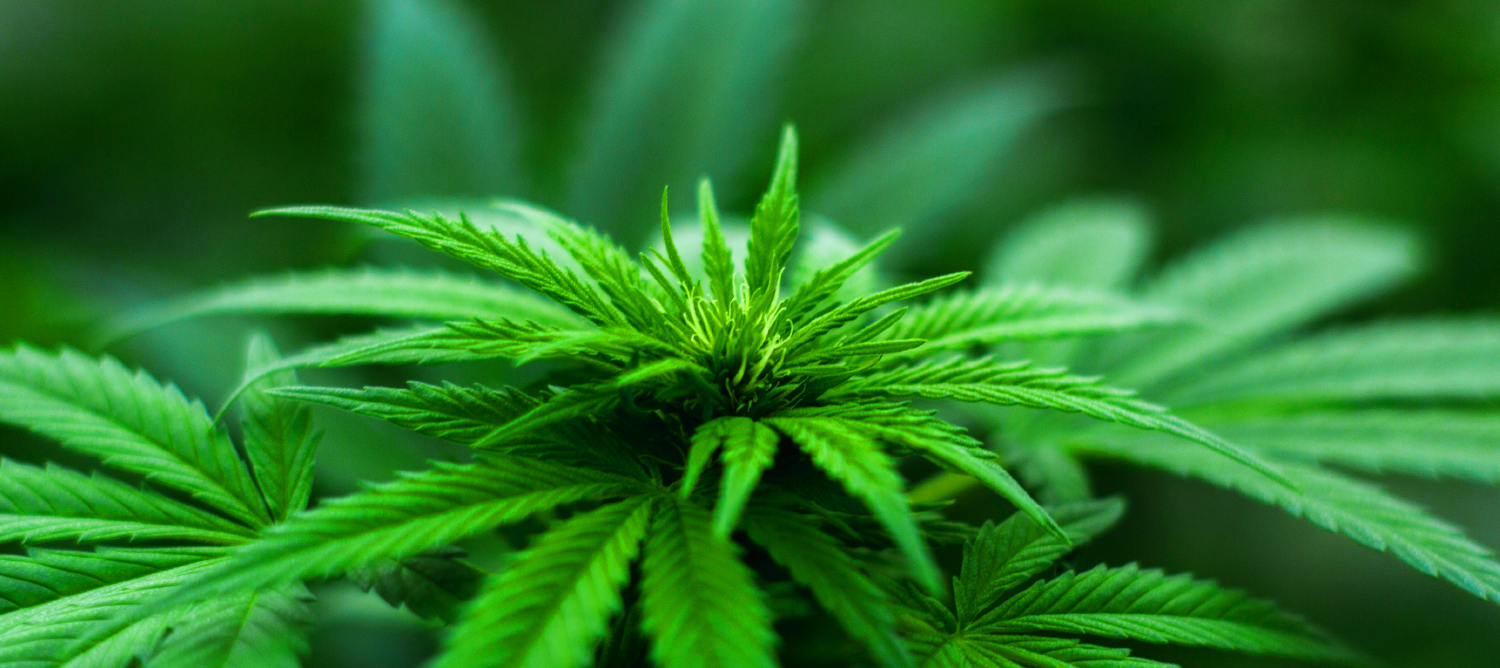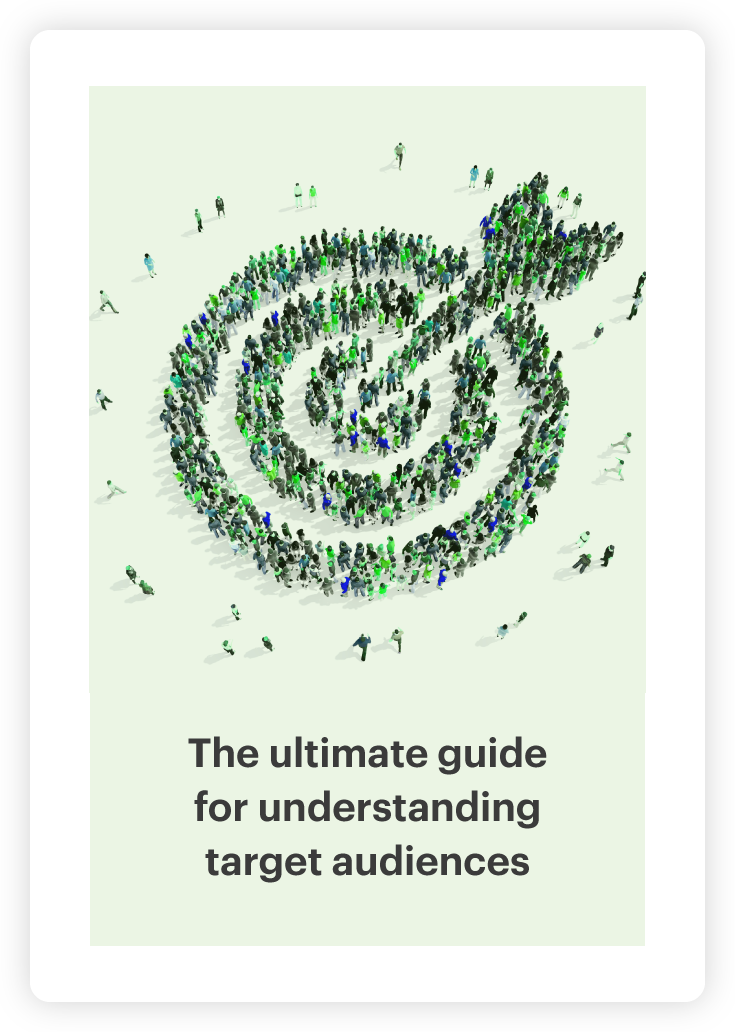How do Americans and Brits talk about smoking weed?

If I had a dollar for every time a teenage boy felt compelled to say “blaze it” after hearing the number 420, I’d be set for life.
420 – a number synonymous with smoking weed – has cemented itself into American culture with its own holiday on April 20th. This recreational celebration is fully legal in 16 of the 50 states (plus Washington DC), with New York being the latest to fully legalize the drug. However, in the UK it’s still firmly illegal to possess, grow, distribute or sell, and so I wondered how American opinions differ from British thinking?
This type of geographical comparison is the perfect application for Relative Insight. Our comparison-based text analysis platform highlights the linguistic differences between two or more sets of written data. This method will uncover the unique opinions and linguistic tendencies of Americans and Brits in regards to marijuana use.
For this analysis, we pulled 200,00 tweets – more than four million words – using social listening software. We uploaded the file directly to Relative Insight, using a pre-formatted data structure upload tool. Within the platform, we split the file by location to compare tweets from the US and UK. Here’s what we found:
US
As legality expands across the states, Americans are more likely to discuss the topics of crime and law, using specific words like legal and misdemeanor. Many of these references were in support of New York’s recent decision to legalize recreational marijuana, while others pleaded with their respective state governors to follow suit.

With recreational use largely still illegal, most purchases are made with independent and unregulated dealers. This results in inconsistent pricing across regions and customers. Most Americans complained about high costs, while some women bragged about their ability to score lower prices with a little flirting.

While legal recreational use is limited to 16 states, 36 allow the sale and possession of medicinal marijuana. Many Americans found cannabis to aid physical and mental ailments like depression, anxiety and bodily pain.

High or stoned?
The biggest linguistic difference we observed across the US and the UK is how they describe their drug-induced state. Americans described inebriation as getting high, while Brits were more likely to use the term stoned. While both effectively mean the same thing, this reveals a significant difference in national dialect.
UK
Brits appeared to be fairly accepting of cannabis use… as long as it’s not a personality trait. In the UK, there is a stigma associated with people who use weed as a defining characteristic. So if you’re gonna smoke, smoke – but you don’t need to tell everyone about it.

Smoking weed seems to be a community-oriented activity in the UK, and we saw frequent use of words like neighbour and neighbourhood. Some Brits complained of strong smells permeating from people next-door, while others deemed themselves lucky to be the recipient of a generous neighbor’s gift.

Our analysis also found that Brits are more likely to discuss flavoured weed. While opinions were polarized – some loving a good tangerine strain, others despising it – the topic was much more likely to be discussed within the UK.

Geographical comparisons are key in understanding the unique opinions of a location-based audience. Understanding the language used by a target demographic, allows your brand or agency to craft effective marketing materials, using the values, concerns, questions and language of that key audience.
